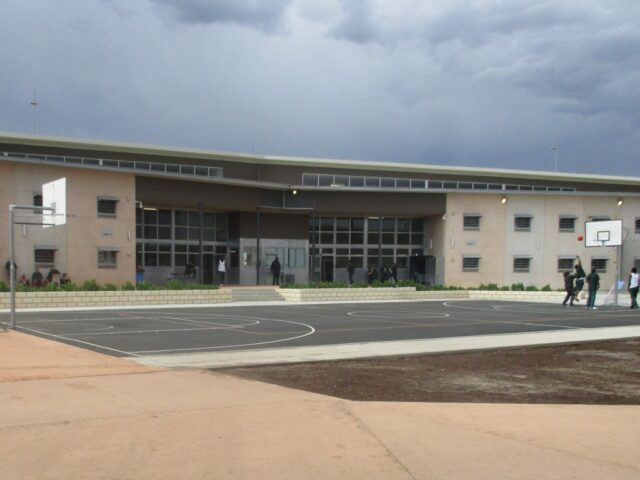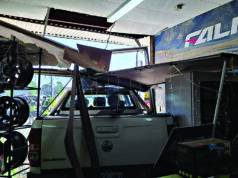Chronic staff shortages in health, mental health and rehabilitation services are leaving people in Western Australia’s prisons “no better shape than when they went in”, the state’s Inspector of Custodial Services has warned.
Inspector Eamon Ryan said his review found major gaps in non-custodial staffing across the prison system, with one in five Health and Wellbeing positions and one in four Rehabilitation and Reintegration roles currently vacant.
“Our review identified significant impacts on health, mental health and alcohol and other drugs support services, and also offender programs, including treatment assessments and program delivery,” Mr Ryan said.
He said the shortages had been a concern for several years and showed little sign of improvement.
“Simply put, many people in custody are unable to access the required support services they need. A large number are leaving custody with unaddressed needs, and they are in no better shape than when they went in,” he said.
Mr Ryan said the Department of Justice needed a “significant increase in funding and resources” to properly support non-custodial roles, which include health, rehabilitation and reintegration staff.
“The Department does have plans to address many of the issues we identified, but without additional funding and support from government they are hamstrung in what they can achieve,” he said.
He pointed to Serco’s model at Acacia Prison as an example of a more flexible approach.
“Serco are contracted to deliver a defined level of service across these portfolios and have considerable flexibility to modify their approach. We encouraged the Department to look to Acacia and see whether any of their approaches could be replicated in the public system,” he said.
In response, the Department of Justice said it had launched a number of initiatives to attract and retain non-custodial staff, acknowledging the Inspector’s findings.

The Department said its Clinical Shortages Workforce Group was working to enhance recruitment and offer incentives for clinical staff, while partnerships with universities were placing nursing students in custodial facilities across the State.
Director General Kylie Maj said the growth in the prison population had increased pressure on non-custodial services.
“The Corrective Services Safer Staffing Review has been expanded to include non-custodial staffing profiles to ensure this cohort is resourced appropriately to meet the needs of each prison,” she said.
Corrective Services Commissioner Brad Royce said non-custodial teams were critical to reducing reoffending and supporting safer communities.
“Our non-custodial teams continually strive to improve prisoners’ health, mental health and welfare, as well as support desistance through tailored programs and services,” he said.
Mr Ryan said he welcomed the Department’s efforts but warned that “more robust retention measures and competitive incentives” were urgently needed to prevent ongoing service shortfalls.














